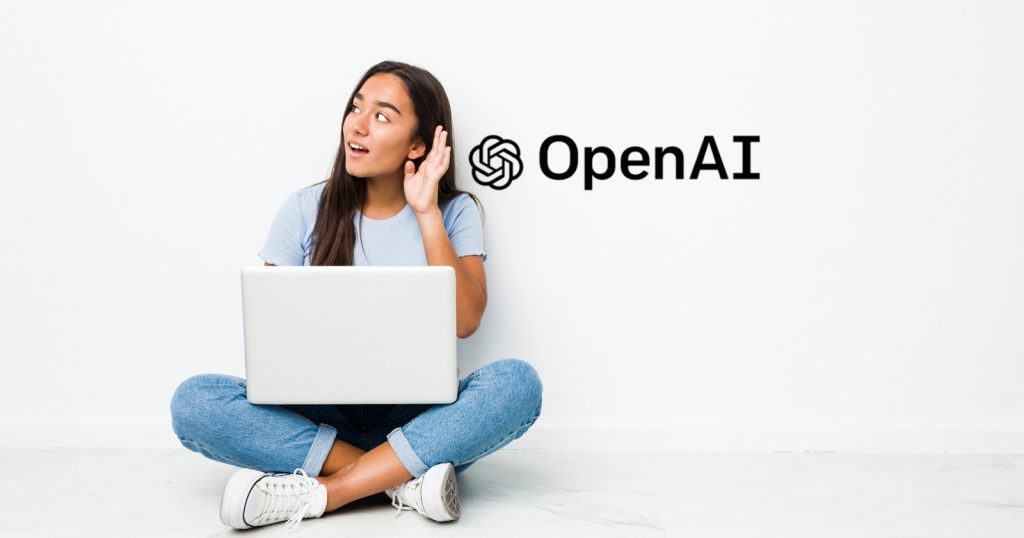OpenAI, one of the most prominent artificial intelligence research institutions in the world, has been left puzzled by the widespread popularity of its natural language processing tool, ChatGPT. Jan Lieke, the leader of OpenAI’s alignment team, recently expressed confusion about why people are so drawn to ChatGPT.
“It’s been overwhelming, honestly,” Lieke told the MIT Technology Review. “I would love to understand better what’s driving all of this.”
ChatGPT, or Generative Pre-trained Transformer 3, is a language model that can generate coherent and contextually relevant responses to natural language prompts. It has been hailed as a breakthrough in the field of natural language processing and has been used for a variety of applications, including customer service chatbots and language translation.
However, what has surprised OpenAI is the extent to which people have embraced ChatGPT as a conversational partner. People have reported feeling a sense of connection and even emotional attachment to the tool, which has led to some concern about the potential ethical implications of using AI as a substitute for human interaction.
The popularity of ChatGPT has also raised questions about the role of technology in our lives and what it means to be human. Some have argued that the fact that people are so willing to engage with a machine in this way highlights a need for more meaningful human connection and interaction.
At the same time, others have celebrated the potential for AI to enhance and augment human communication, offering new opportunities for collaboration and creativity.
As OpenAI continues to explore the implications of ChatGPT and other AI tools, it is clear that the conversation around the relationship between humans and technology is far from over.

